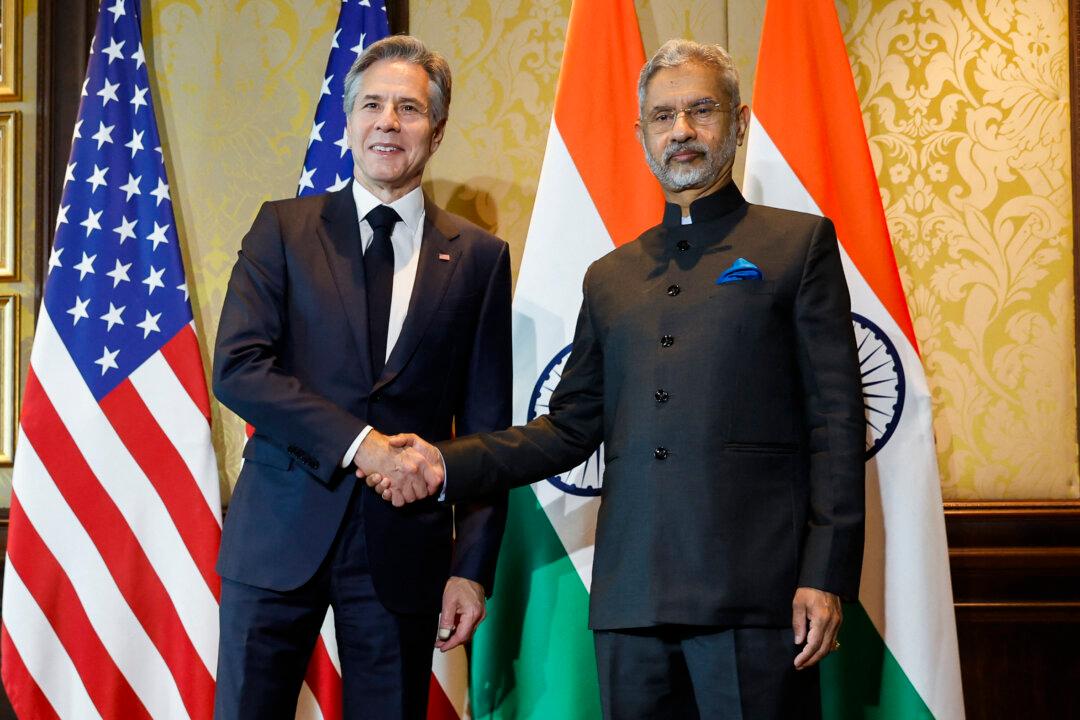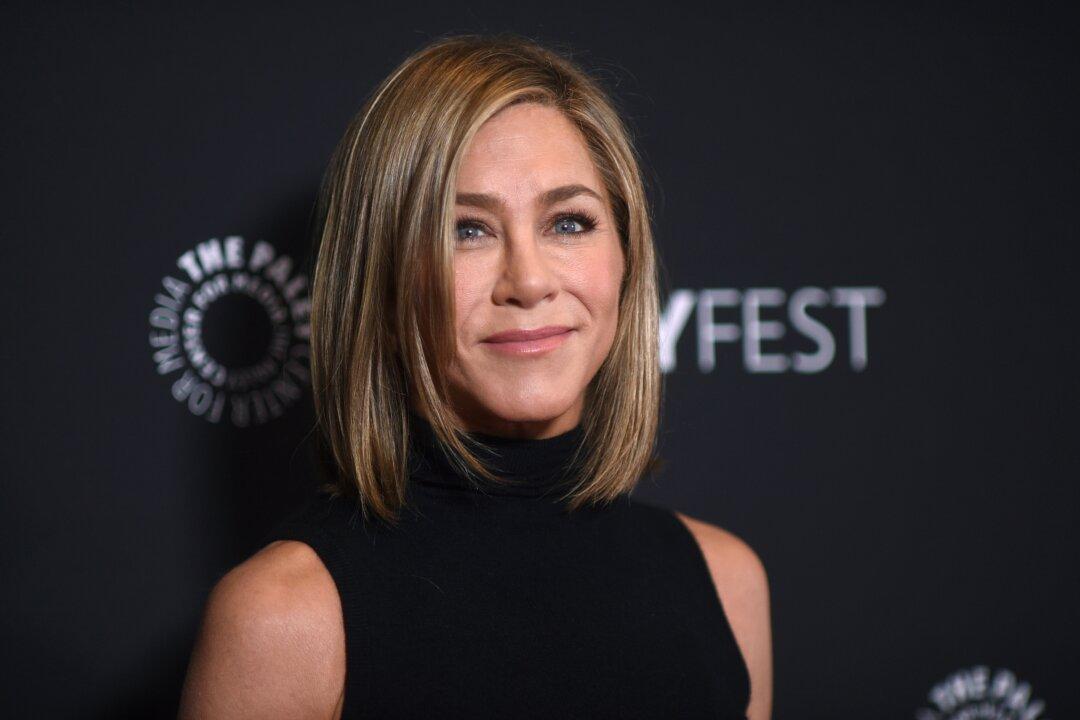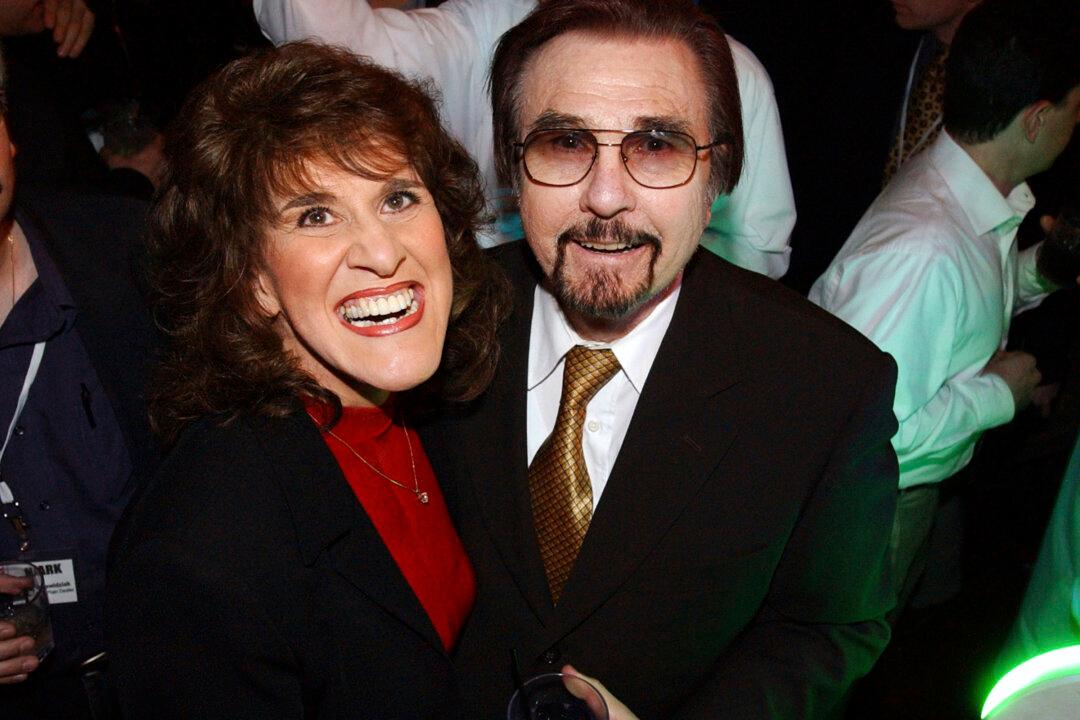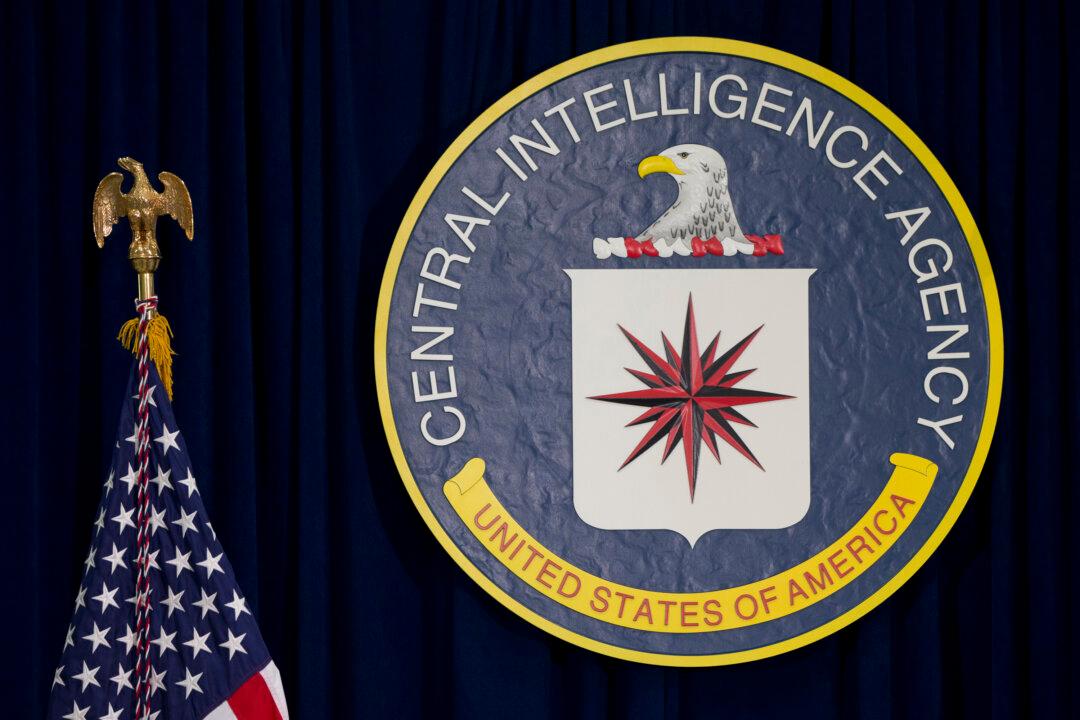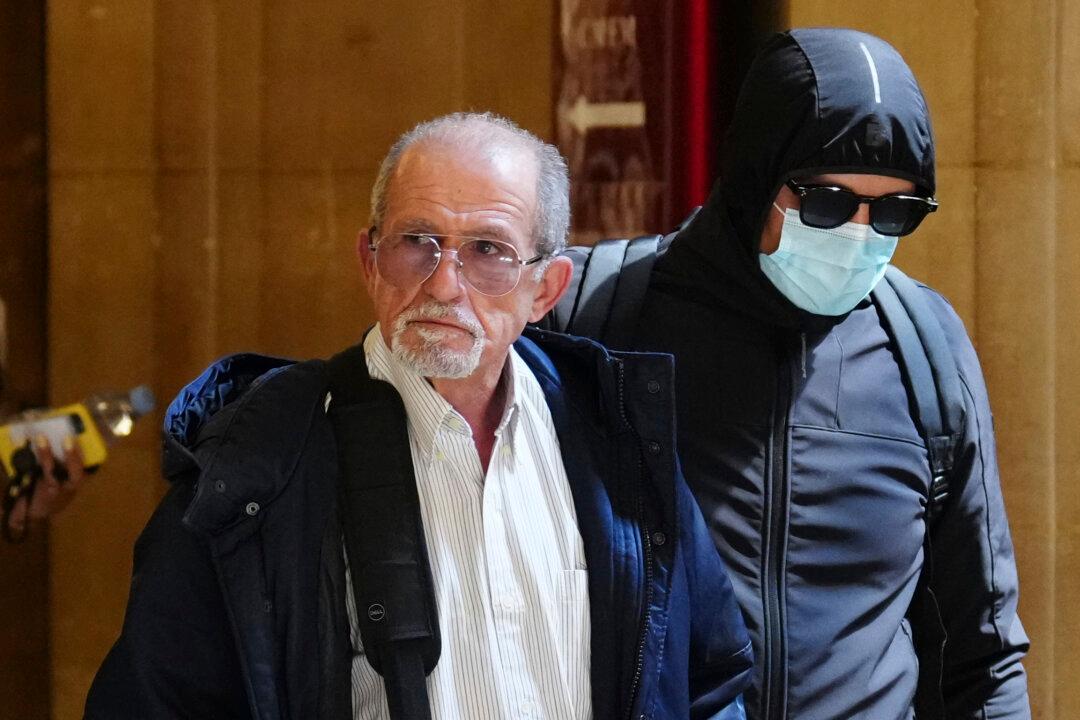Talks with Indian officials were “very productive,” U.S. Secretary of State Antony Blinken said during a news conference on Nov. 10, as he concluded a nine-day diplomatic tour addressing the Israel–Hamas conflict.
On his third visit to India this year, Mr. Blinken was joined by U.S. Secretary of Defense Lloyd Austin in meeting with Indian Foreign Minister Subrahmanyam Jaishankar and Minister of Defense Rajnath Singh for the annual “2+2” talks between the countries, which center on defense and security cooperation.
